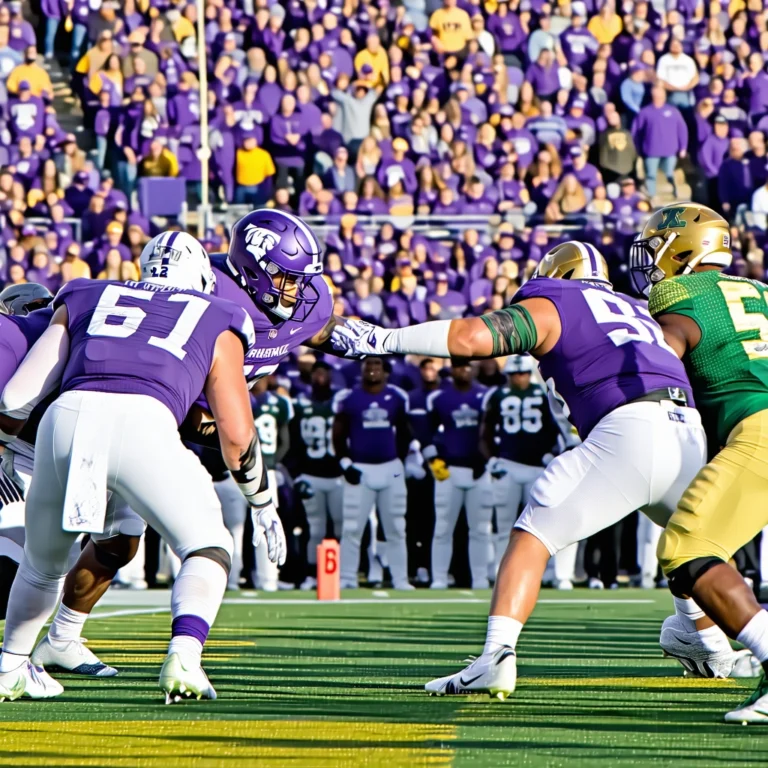Property ownership laws in Dubai: Understanding Property Ownership Laws
Property ownership laws in Dubai has been a hub of economic growth and development, drawing in individuals and businesses seeking new opportunities.
There are specific regulations that you need to be aware.
Freehold Ownership

Dubai introduced freehold ownership areas to allow non-UAE nationals to own property.
These designated areas, such as Dubai Marina and Downtown Dubai, grant foreign investors full ownership rights, just like UAE nationals.
This means that you can own the property indefinitely and even pass it on to your heirs.
Leasehold Ownership
In areas that are not designated as freehold, non-UAE nationals can still own property through a leasehold arrangement.
This involves a lease period, typically ranging from 30 to 99 years, during which you have ownership rights.
Leasehold properties are a great option for long-term investments, offering stability and potential appreciation.
Real Estate Developers and Off-Plan Projects
Many investors are drawn to Dubai’s off-plan projects, where you can purchase property units before they are completed.
This can be a rewarding venture.
It’s essential to thoroughly research the developer’s reputation.
The project’s progress and the terms of the contract.
Off-plan investments can yield substantial returns but they also carry certain risks.
The Process of Property Ownership: From Purchase to Title Deeds
Once you’ve decided on a property and are ready to make the investment.
The process of acquiring property ownership in Dubai typically involves the following steps.

Property Reservation
After selecting the property, you’ll need to make a reservation payment to secure it.
This payment ensures that the property is taken off the market.
While the necessary checks and paperwork are completed.
Sales Agreement
A sales agreement is then drawn up between you and the developer or seller.
This agreement outlines the terms of the purchase, payment schedule, property specifications, and completion timeline.
Transfer of Ownership
Upon making the necessary payments.
The property ownership is transferred to your name.
This involves submitting the required documents to the Dubai Land Department.
Title Deeds
Once the transfer is complete.
A title deed is issued in your name.
This official document serves as proof of ownership and contains essential details about the property.
Property Registration and Fees
Property transactions in Dubai involve registration fees and other associated charges.
These fees cover the legal aspects of the transaction .
An integral part of property ownership.
Inheritance Laws and Your Property Investment
Thinking about the future is essential when investing in property.
Dubai’s inheritance laws come into play in case of the owner’s demise.
Sharia law may apply to the distribution of assets if a will is not in place.
Expatriates can choose to apply either UAE law or the law of their home country to their assets, including property, through a legally binding will.
Seeking Legal Assistance: A Wise Choice
Navigating the intricacies of property ownership laws can be overwhelming.
That’s why it’s highly recommended to seek legal assistance from professionals.
Who specialize in Dubai’s real estate and property law.
They can provide you with valuable insights.
Compliance with regulations, and safeguard your interests throughout the process.
Deciphering Dubai’s Property Ownership Landscape
Meteoric rise as an international business hub has been nothing short of astonishing.
For those considering property ownership in Dubai.
Crafting Visions with Real Estate Developers
In the ever-evolving realm of Dubai’s property landscape, the allure of off-plan projects beckons.
These embryonic endeavors offer the prospect of purchasing property units before they attain their final form.
It’s a sum that necessitates a grand entrance onto the financial stage, a decision not to be taken lightly.
Yet, such endeavors demand meticulous due diligence as you scrutinize the developer’s track record.
The project’s trajectory, and the fine print of the contractual arrangement.
While the promise of substantial returns tantalizes, the path is adorned with prudent caution.
Laws of Legacy: Proprietorship and Inheritance
Contemplating the distant horizon of property ownership mandates a holistic understanding of Dubai’s inheritance laws.
When the tapestry of life eventually unfurls its final thread, these laws dictate the destiny of your amassed assets.
The specter of Sharia law may cast its shadow unless the beacon of a will illuminates the path.
Expatriates are empowered to select either UAE’s jurisdiction or the laws of their homeland.
Through a binding testament, safeguarding the legacy they’ve sculpted.
Guidance in Legal Waters: The Wisdom of Seeking Counsel
The realm of property ownership laws in Dubai is a formidable labyrinth, brimming with nuances and subtleties.
In this odyssey, the counsel of seasoned legal professionals is akin to a compass guiding your passage.
These experts adeptly navigate the straits of Dubai’s real estate jurisprudence.
Enveloping you in a cocoon of knowledge and safeguarding your interests as you unfurl the sails of property ownership.

Cracking the Code: Dubai’s Property Ownership Laws Unveiled
Dubai’s rapid emergence as a global economic epicenter has been nothing short of extraordinary.
property ownership, essential to familiarize yourself with the legal nuances that govern this thriving market.
FAQS
Yes, non-UAE nationals can own property in designated freehold areas or through leasehold arrangements.
Freehold properties grant full ownership rights, while leasehold properties involve ownership for a specified lease period.
Off-plan projects allow you to purchase property units before they are completed, offering potential returns but also some risks.
Inheritance laws come into play in case of the owner’s death. It’s advisable to have a legally binding will to ensure your assets are distributed according to your wishes.
Yes, seeking legal assistance is highly recommended to navigate the complex legal aspects of property ownership and safeguard your interests throughout the process.





























